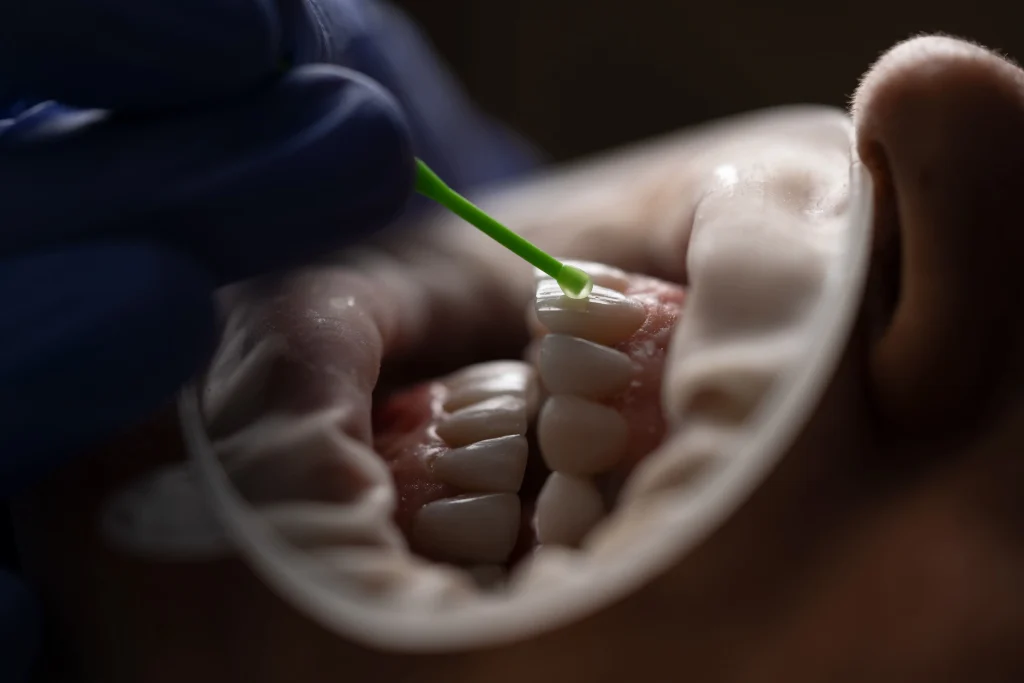Sometimes a patient needs a tooth removed from their mouth. If your dentist suggests you undergo a teeth extraction, make sure you know all your options, the procedure, the cost, and what to expect after the procedure is complete
What is tooth extraction?
Tooth extraction is the dental procedure removal of a damaged or restorable tooth. Your dentist may recommend extraction if you have cavities, broken teeth, crowded teeth, and severe gum disease. There are two types of extractions: simple extractions and surgical extractions. Your dentist will determine whether you need simple or surgical extractions based on the visibility of the teeth, impaction of the teeth (wisdom teeth), and teeth root shape and structure.
The procedure itself usually takes 30 to 60 minutes and can be performed under local anaesthesia or conscious sedation. After the tooth is removed, the dentist will place gauze over the socket to control bleeding. Pain, swelling and minor bleeding are normal after an extraction and can be managed with pain medications and cold compresses like ice packs. So, it is crucial to follow your dentist’s instructions carefully to ensure proper healing and minimize the risk of complications.
How much does a tooth extraction cost?
On average, the costs range from NPR 1,500 to NPR 18,000 depending on the complexity of the case. A simple extraction can cost range from NPR 1,500 to NPR 2,000. And a surgical extraction costs between NPR 3,000 to NPR 5,000.
Wisdom teeth extractions for removing all existing wisdom teeth cost around NPR 6,000 to 18,000 including exams, X-rays, and anaesthesia.
Things to avoid after tooth extraction
After tooth extraction, it is important to avoid the following things:
1)Smoking as it is damaging to your health and can increase the chances of developing a dry socket which leads to infection.
2)Drinking alcohol as it can damage the clot in your extraction site and cause complications.
3)Consuming hard, sticky foods as they can irritate the extraction site and delay healing.
4)Touching, poking or disturbing around the extraction site with your tongue or other objects.
5)Rinsing your mouth vigorously or spit as it can dislodge the blood clot.
6)Blowing your nose or sneezing as the pressure associated with them can dislodge the clot.
How painful is tooth extraction?
After the procedure, you may experience some pain, swelling, and discomfort while this can usually be managed with over-the-counter pain medications and ice packs. In some cases, you may experience more pain, particularly if you have a dry socket, an infection, or other complications. Then your dentist may prescribe additional pain medications or antibiotics to manage your symptoms.
Remember always to discuss any concerns or questions you have about your pain or discomfort with the dentist. Make an appointment at Divya Smile Dental Care Clinic, we offer tooth extraction as well as countless other dental treatments and procedures, all for affordable prices, so what are you waiting for?

